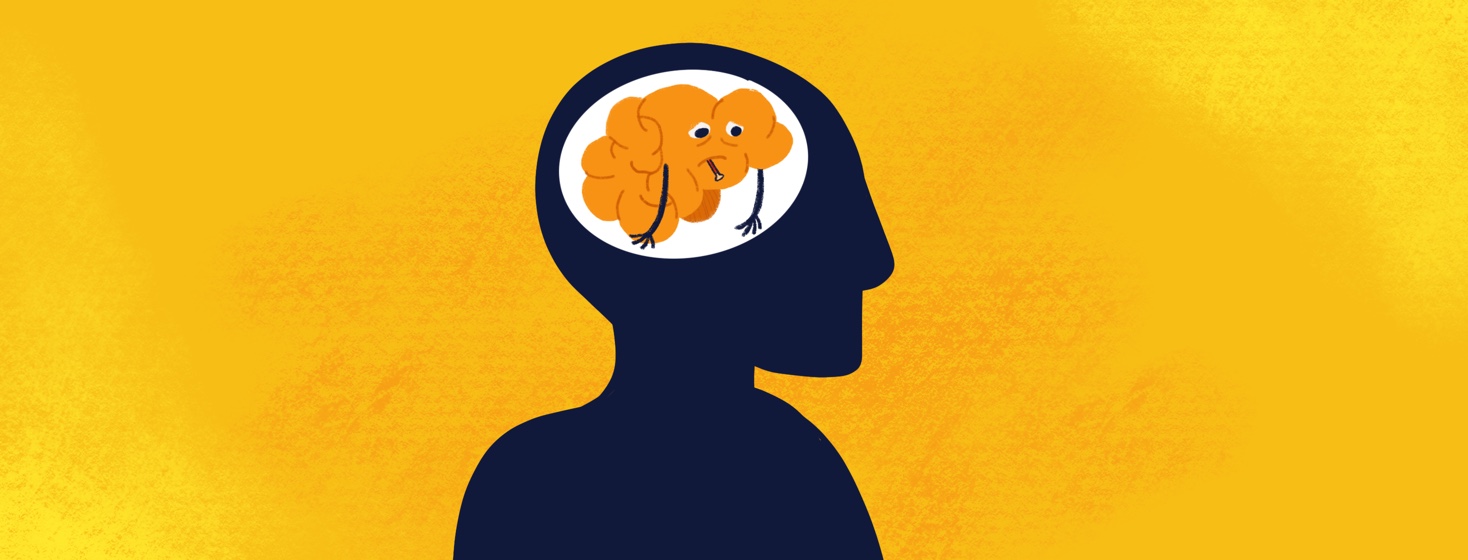Mental Health is “Real” Health
Physical health is celebrated. Every corner has a gym. Every celebrity is pushing someone’s weight-loss products. Our phones are set to count steps and make suggestions on how to get more.
I have been on diets since I was in the fifth grade. You name it and I have been on it, by choice or by coercion. I have counted calories, carbs, steps, and grams. I have had some success and some failure. The one constant is that as long as I was trying, my efforts were celebrated. Losing weight is the holy grail of life, or so we have been told.
I have bought all sorts of fitness equipment, joined gyms and tried programs. I have had some success and some failures. Mostly, I have maintained a relative level of health and functionality, physically.
Cancer is not just physical
Talking about dieting and exercising is acceptable. People have all manner of conversations. They share their ups and downs. The same is true with cancer. We can talk about the physical disease. We can talk about treatments and trials and medications. We can compare symptoms, and we can compare outcomes. Everything will be fine as long as we stay in the lines. But here is a truth outside of those lines: cancer is just as mental as it is physical!
The stigma around men reaching out for support
This may be the dirty little secret that nobody wants to acknowledge or admit. Add to that the stigma society attaches to needing therapy and stack in the toxic idea of masculinity we have cultivated, and things get daunting. Men don’t need help. We can lift any load. We can endure any pain. We do not ask for or need any assistance. John Wayne never had to ask for help.
My first attempt at seeking therapy
I have seen four therapists. The first one was pre-cancer and was more trying to sort out some childhood baggage. Walking into the first appointment nearly gutted me. I have never felt like more of a failure than that session. Three visits and my insurance maxed out and so did my ability to open up. The baggage remained and now had an additional failure. The next attempt was a couple of years ago. I went for several months and learned a lot about myself and my anxiety. Some of the issues were cancer-related; some were just life-related. Our time together ended when I felt we were not moving forward.
The third and the fourth try were a trainwreck from the onset. We had no connection, and that was painfully obvious at the end of visit two. I am looking into starting over soon. The greatest lesson I have learned is that I can ask for help.
Taking care of our mental health
I learned that I am responsible for taking care of my physical health AND my mental health. If I broke my arm, treating the fracture would be obvious. Failing to treat the break would be unthinkable. The same is true for mental health, and we need to be open to our need for it. If I said I was not going to treat the physical side of my cancer, I would be thought foolish. I am saying that not treating the mental aspect of my health is equally foolish.
It's uncomfortable to admit we need help
It takes far more strength to say we need help than it does to suffer silently. It is uncomfortable and humbling to admit that we need support. That said, I will stand with anyone who needs someone to say, "It is okay to ask for help. It is okay to need therapy and support.” If you need support or help, then you have a responsibility to yourself to get it. If I told you to forgo your chemo or other treatments, you would tell me to pound sand. Be that adamant about your mental health.
If you decide to seek help, be willing to be open and honest with your therapist. They cannot work hard for you if you aren’t willing to work hard for yourself. Be open. Laugh. Cry. Scream. Do whatever you need to do to be well. Some of the hardest conversations I have ever had have been with a therapist. Some of the most enlightening and healing conversations have been with the same therapist.
Advocating for yourself
I choose to go beyond my comfort zone with physical and mental health professionals because I have made a commitment to take care of all of me. Be willing to advocate for yourself. Be willing to make your own decisions. Be willing to accept whatever help you need to be your healthiest self.

Join the conversation